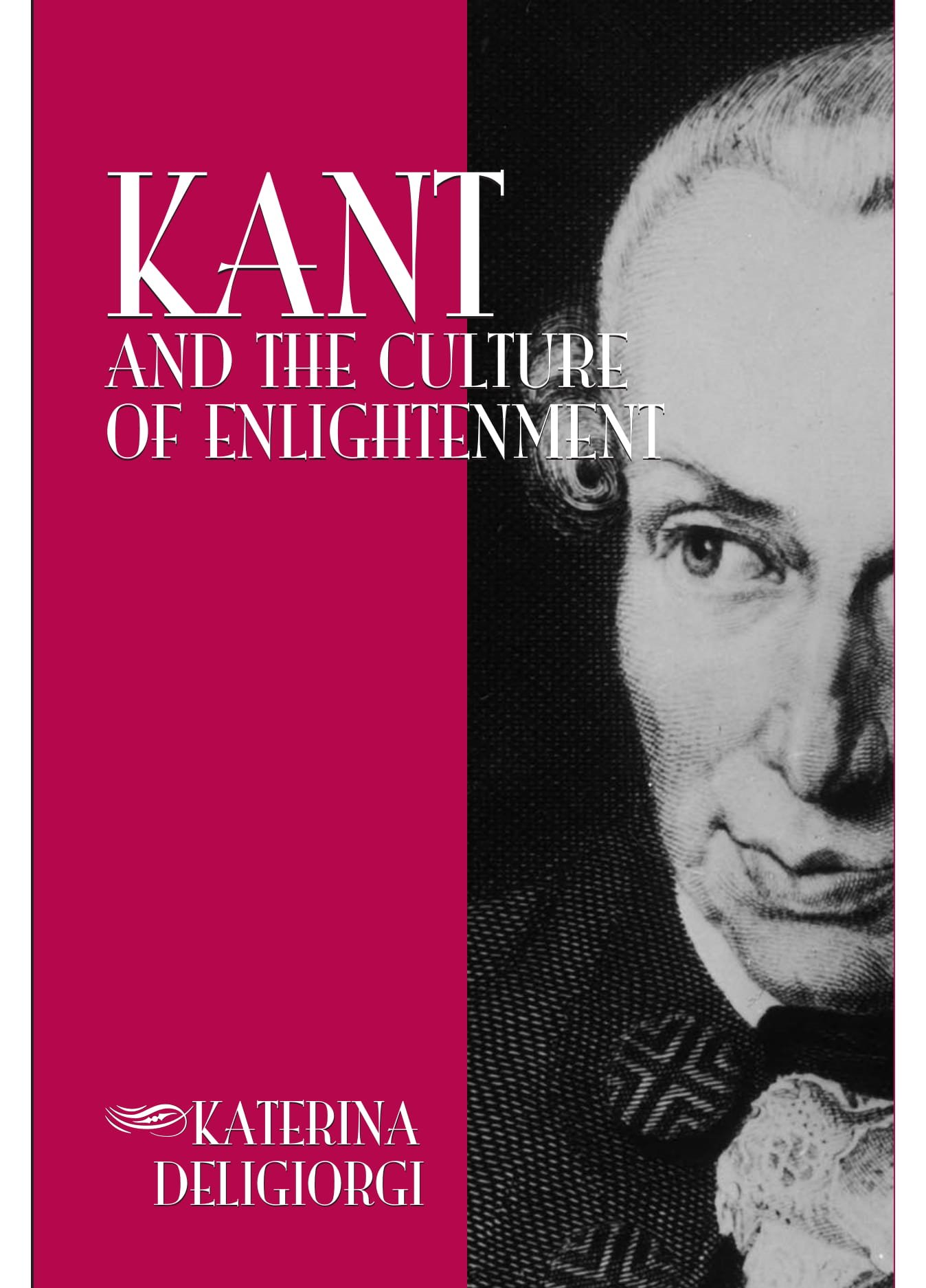|
Why, we might ask, does "enlightenment" remain in continuing need of clarification? The simple answer, as Michel Foucault claimed in the
Articles
Od kilkudziesięciu już lat toczy się debata na temat Oświecenia.
Pierwsze głosy odezwały się w początkowych dekadach XX wieku, ale
doświadczenia faszyzmu, nazizmu, komunizmu, kulminujące w drugiej
wojnie światowej, istotnie zmodyfikowały i poszerzyły kontekst
rozważań, przydały też dysputom intensywności. Objęły one całą Europę
i nawet wykraczały poza jej granice, choć ton nadawał - jak to
najczęściej bywało i w przeszłości - Zachód. Nie spierano się w
zasadzie co do samego faktu wpływu Oświecenia na kształt naszej
współczesnej cywilizacji. Traktuje się to bowiem na ogół jako pewnik.
Left and right critiques of the Enlightenment have differed in tone, but their images of the Enlightenment are remarkably similar, and similarly distorted. Postwar German thinkers were the most explosive. The cosmopolitan refugee Theodor Adorno could not have been more different from the pontificating village Nazi Martin Heidegger. Though they loathed each other profoundly, and disagreed about everything else, both claimed that fascism was the result of the Enlightenment. In short, if you seek to unite contemporary thinkers across nearly every spectrum, youd do well to invoke the spectre of the Enlightenment monster: a beast filled with icy contempt for the instincts and driven by a blind, dumb optimism or a totalitarian lust for domination. The monster is relentlessly cheerful, stupendously gullible, and inevitably naive. If not quite the mad scientist in the cellar, the Enlightenment is the sorcerers apprentice, a callow fool who releases forces that overpower us all.
Oświeceniem nazywamy wyjście człowieka z niepełnoletności, w którą popadł z własnej winy. Niepełnoletność to niezdolność człowieka do posługiwania się swym własnym rozumem, bez obcego kierownictwa. Zawinioną jest ta niepełnoletność wtedy, kiedy przyczyną jej jest nie brak rozumu, lecz decyzji i odwagi posługiwania się nim bez obcego kierownictwa.
W Oświeceniu nowożytna świadomość europejska osiąga swój punkt szczytowy. Przed najwyższym trybunałem ludzkiego rozumu zostają postawione wszystkie tradycyjne autorytety, zwyczaje, formy życia. Nauka, filozofia, literatura i sztuka poszukują niezawodnych, gdyż racjonalnych miar i probierzy tego, co prawdziwe, dobre, piękne i sprawiedliwe, ustanawiając w ten sposób uniwersalny horyzont ogólnoludzkich wartości intelektualnych i moralnych, które zarazem sana niebywałą dotąd skalę upowszechniane przez popularną publicystykę i systematyczną działalność edukacyjno-oświatową. Europa nie tylko zbiera tu i spisuje wielką Encyklopedię" ogromnych już zasobów swej wiedzy, lecz także ostatecznie tworzy podstawowy kanon swej indywidualnej i społecznej pedagogii - tego wychowania do uczuciowej i umysłowej dojrzałości jednostek oraz do ich międzyludzkiej solidarności i zbiorowej umiejętności życia we wspólnocie. Słowem: wychowania do rozumnej wolności.
The term Enlightenment refers to a unique set of ideas and ideals that came to fruition in Europe in the seventeenth and eighteenth centuries. It began with Bacon, Descartes, Locke, and other philosophers who sought a universal method for establishing knowledge. They looked to science as the model for knowledge and debated whether reason or experience was most important (actually, both are equally important). No doubt they took impetus from the remarkable discoveries of Newton and Galileo in mathematics, physics, and astronomy. The Enlightenment culminated with the French philosophes, Voltaire, Diderot, Condorcet and d'Holbach, who popularized its ideas in Parisian salons, pamphlets, and books, enabling those ideas to spread to a wider educated public.
|
Moral philosopher Susan Neiman debunks the myths spread by the Enlightenment bashers. She argues that a progressive political outlook depends on a return to a robust Enlightenment.
The documentary explores the fact that from Google, and Facebook and Wikipedia to the systems of democracy, finance, manufacture and the law - many aspects of modern life owe their existence to a single defining period: the Age of Enlightenment of the 18th century.
The second part of the fantastic BBC documentary. Filmed in locations across Britain, France, Germany, Portugal and America, this illuminating series brings to life some of the key characters of the era - Newton, Erasmus, Darwin, Voltaire, Diderot, Condorcet, Frederick the Great and Thomas Jefferson - and the ideas that shaped the world we live in today. |
| Towarzystwo Humanistyczne |
| Humanist Assciation |







 early eighties, is that the "event that is called Aufklärung...has determined, at least in part, what we are, what we think, and what we do today." The question, what is enlightenment? is Janus-faced, directed both at the present and at the past. In this book, I seek to sustain this double perspective. Although in providing an answer, I turn to Kant and to debates conducted in the latter half of the eighteenth century, I hope to show that the solutions put forward remain live options for us today. This book is therefore both a contribution to an ongoing argument about the legacy of the Enlightenment and an investigation of the relevance of this legacy to our current political and philosophical concerns.
early eighties, is that the "event that is called Aufklärung...has determined, at least in part, what we are, what we think, and what we do today." The question, what is enlightenment? is Janus-faced, directed both at the present and at the past. In this book, I seek to sustain this double perspective. Although in providing an answer, I turn to Kant and to debates conducted in the latter half of the eighteenth century, I hope to show that the solutions put forward remain live options for us today. This book is therefore both a contribution to an ongoing argument about the legacy of the Enlightenment and an investigation of the relevance of this legacy to our current political and philosophical concerns.